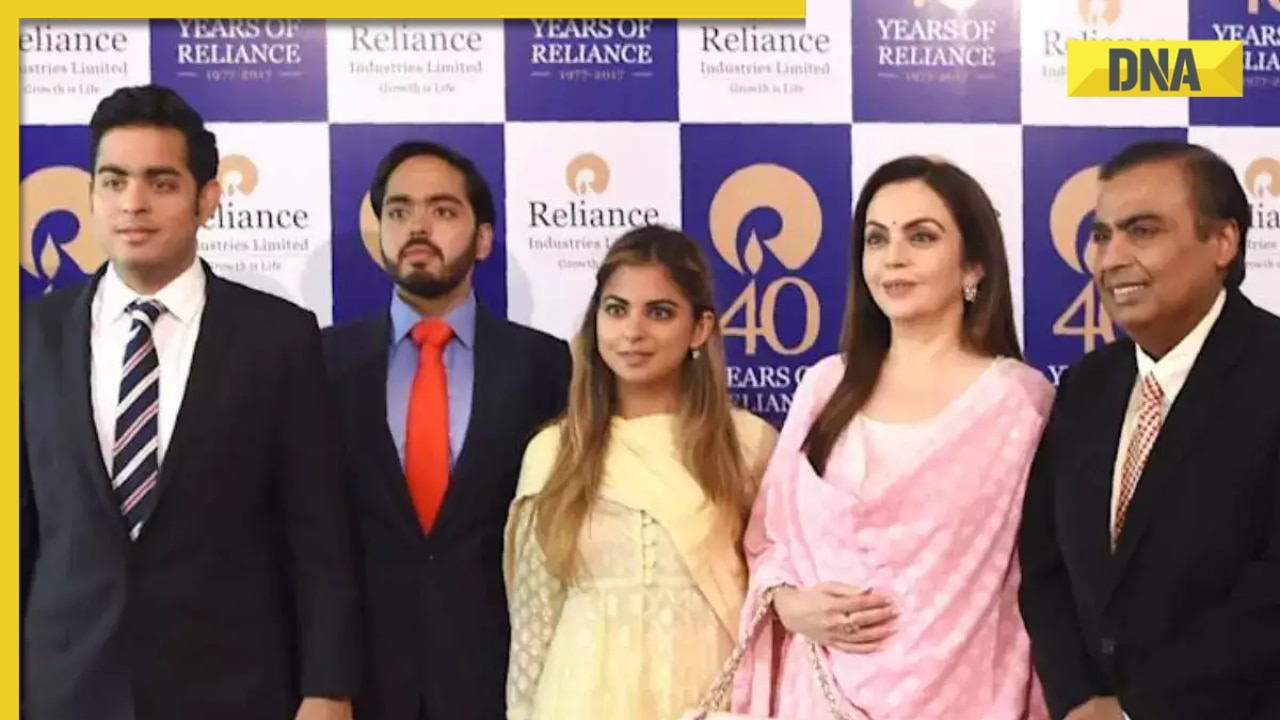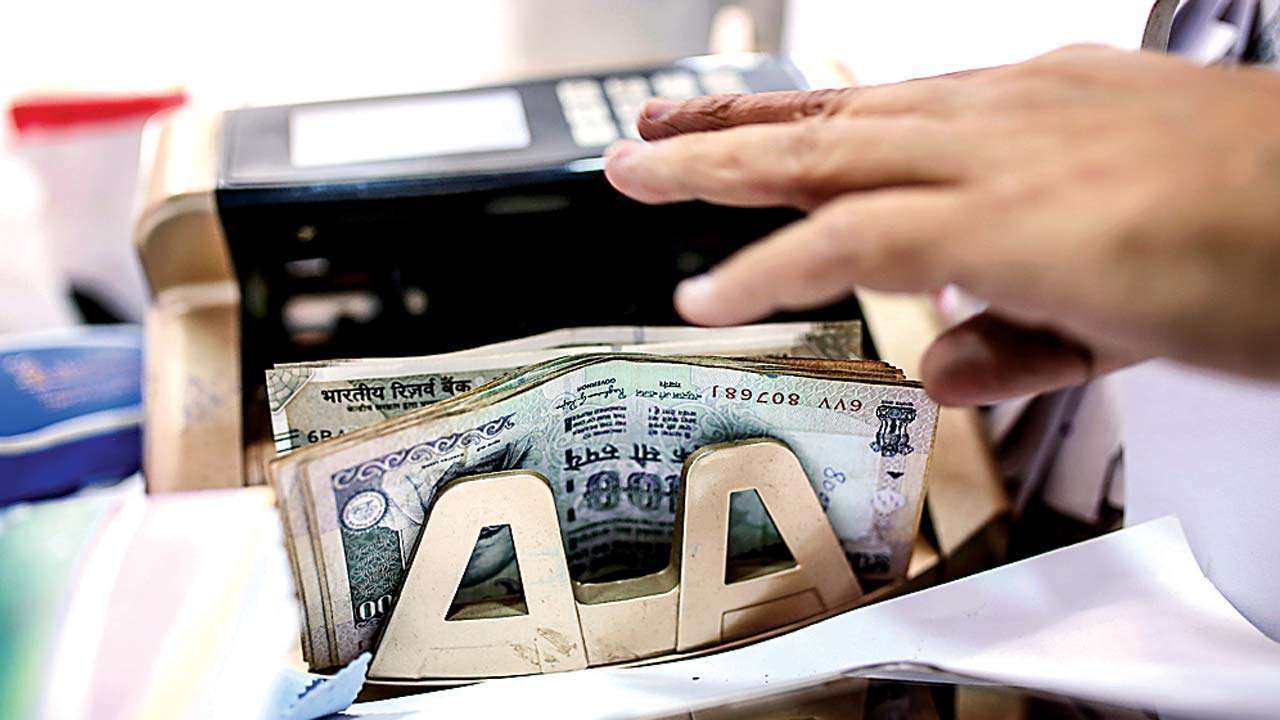
- Select a language for the TTS:
- UK English Female
- UK English Male
- US English Female
- US English Male
- Australian Female
- Australian Male
- Language selected: (auto detect) - EN
Play all audios:
We decided to shoot this week’s episode of __TV Newsance__ in Shaheen Bagh because of the sort of stuff we heard on primetime news. Here’s a _sample_: “Shaheen Bagh _main siyasi nautanki
jaari hai, jo log dharne main pahunch rahe hain unhe toh rozgaar mil gaya hai, jeb main paanch sau rupay aur pet main Biryani_.” This means: "There’s political drama on at Shaheen Bagh,
those who have landed at the protest site have got some employment, Rs 500 in their pocket, and biryani in their stomach." Anchors across major news networks such as _Zee News_,
_Republic TV_, _India TV _and _ABP News_ have kept the focus on Shaheen Bagh over the past two weeks. Apart from shoddy stings on __Times Now__ and __Republic TV__, most anchors have
labelled the protest site as a “den” of pro-Pakistan, Jinnah-loving anti-nationals who are also anti-Hindu. Nothing could be further from the truth, and you can confirm this with any
journalist who has been reporting from Shaheen Bagh. The one thing that is true, though, is the traffic snarls that the protest has caused. People from around Shaheen Bagh heading to Noida
have especially been affected; what was earlier a half-hour commute can now take more than an hour. But one can very well make this point without painting the protesters as Dawood Ibrahim’s
next of kin. “Shaheen Bagh is a useful epicentre of an anti-Hindu, anti-India, money-guzzling, opportunistic and entirely political movement,” thundered Arnab, repeatedly stressing how the
protesters at Shaheen Bagh had “terrorised” people. While Arnab’s nightly war cries are a source of much hilarity to the _TV Newsance_ team, people at Shaheen Bagh didn’t find the
misrepresentation funny. Broadly, they were angry at being portrayed as _bikaau_, or sellouts, by the media and were very suspicious of journalists, especially those with cameras. We went
with the idea of questioning the people on what they thought about being called “_tukde-tukde_ gang” or “Jinnah lovers” in a lighthearted way, but soon realised this was going to be tough.
The anger and deep suspicion were palpable. Every person I spoke with began by saying there was no point talking to the media since they weren’t going to present their issues fairly. After
every interview, I was instructed not to cut out soundbites and present them out of context. One of the women I interviewed told me: “Please don’t cut anything..._aap poori baat dikhana_.” I
told her it was impossible for me to show all of what she had said because of the constraints of time, but I promised I wouldn’t place anything out of context. (This effectively meant we
couldn’t use any of the satire devices we had used previously like in the _Gangs of Khan Market_ episode.) At this point, my colleague Ayush Tiwari, who was there for a report, told me that
outside the tent where women were sitting, a TV news anchor had been heckled by a bunch of men. Ayush too had been heckled when he tried to record how the men outside surrounded a TV
reporter. Here’s Ayush’s account.





